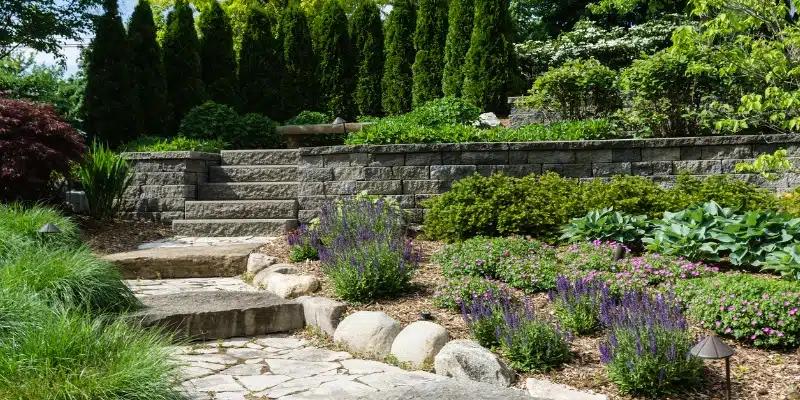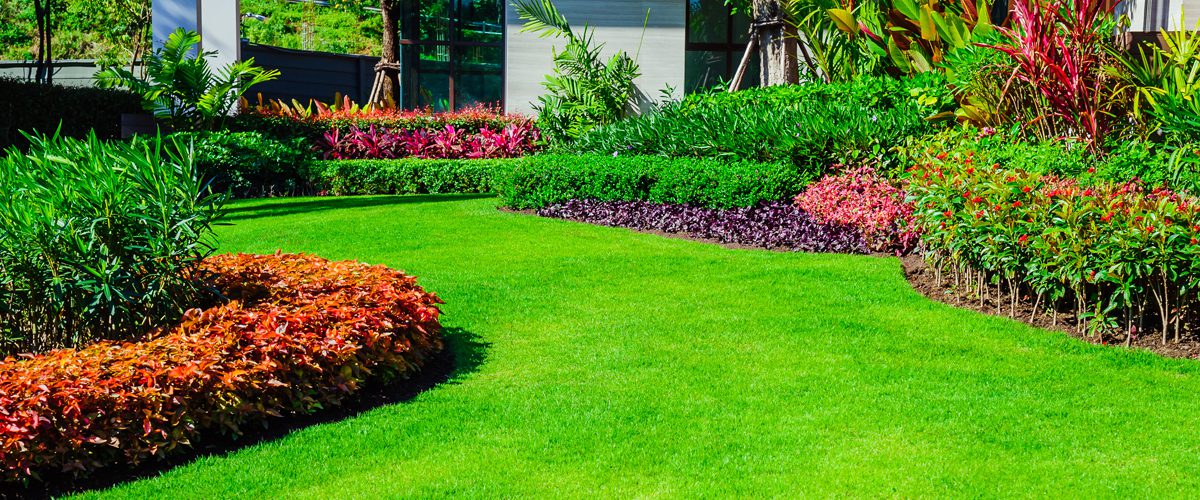A lush, green lawn is often seen as the epitome of a beautiful landscape, but maintaining that perfection can come at a cost to the environment. Traditional lawn care methods can involve excessive water use, harmful chemicals, and practices that disrupt local ecosystems. However, with eco-friendly lawn care, you can have a stunning lawn that is also sustainable and kind to the planet.
Eco-friendly lawn care focuses on practices that reduce environmental impact while still achieving a healthy, vibrant lawn. By making thoughtful choices, you can conserve resources, reduce pollution, and promote biodiversity in your yard.


Choose the Right Grass: Opt for grass varieties that are well-suited to your climate and soil type. Native grasses or drought-tolerant species require less water and are more resistant to pests and diseases.
Mow High and Often: Keeping your grass longer (about 3-4 inches) helps shade the soil, retain moisture, and prevent weed growth. Frequent mowing, with clippings left on the lawn, returns nutrients to the soil and reduces the need for fertilizers.
Use Organic Fertilizers: Instead of synthetic fertilizers, choose organic options like compost, manure, or slow-release fertilizers. These enrich the soil naturally, improving its structure and nutrient content over time.
Water Wisely: Water your lawn early in the morning or late in the evening to minimize evaporation. Use a rain gauge or moisture sensor to avoid overwatering, and consider installing a drip irrigation system for more efficient water use.
Implement Integrated Pest Management (IPM): IPM is a holistic approach to pest control that combines biological, cultural, mechanical, and chemical tools in a way that minimizes environmental impact. Focus on preventing pest problems before they start and use chemical treatments only as a last resort.
Reduce Lawn Area: Consider replacing part of your lawn with native plants, ground covers, or hardscaping elements. This reduces the amount of water, fertilizer, and mowing needed, while also adding visual interest and biodiversity to your landscape.
Adopting eco-friendly lawn care practices is an investment in the future of your landscape and the planet. It may take time to transition from traditional methods, but the benefits to the environment—and your peace of mind—are worth the effort. Whether you start small by switching to organic fertilizers or undertake a complete lawn overhaul, every step towards sustainability counts.
Eco-friendly lawn care is about more than just maintaining a beautiful yard—it’s about caring for the environment and creating a sustainable landscape that thrives in harmony with nature. By making mindful choices and embracing sustainable practices, you can enjoy a healthy, vibrant lawn that supports the planet for generations to come.

At Grasshoppers Solutions, we serve homes and businesses across the eastern United States for all their property maintenance needs.
©️ Copyright 2024 Grasshoppers Solutions | Website & Marketing by Loading Leads